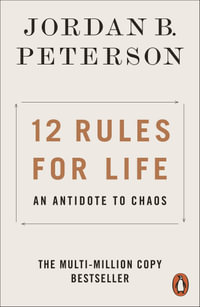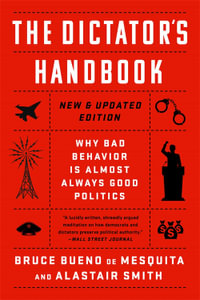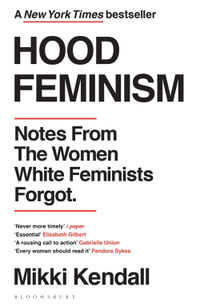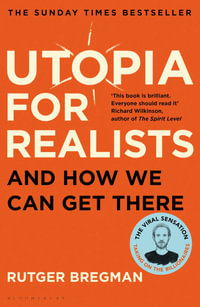Why Don't You Just Talk to Him? looks at the broad political contexts in which violence, specifically domestic violence, occurs. Kathleen Arnold argues that liberal and Enlightenment notions of the social contract, rationality and egalitarianism -- the ideas that constitute norms of good citizenship -- have an inextricable relationship to violence. According to this dynamic, targets of abuse are not rational, make bad choices, are unable to negotiate with their abusers, or otherwise violate norms of the social contract; they are, thus, second-class citizens. In fact, as Arnold shows, drawing from Nietzsche and Foucault's theories of power and arguing against much of the standard policy literature on domestic violence, the very mechanisms that purportedly help targets of domestic abuse actually work to compound the problem by exacerbating (or ignoring) the power differences between the abuser and the abused. The book argues that a key to understanding how to prevent domestic
violence is seeing it as a political rather than a personal issue, with political consequences. It seeks to challenge Enlightenment ideas about intimacy that conceive of personal relationships as mutual, equal and contractual. Put another way, it challenges policy ideas that suggest that targets of abuse can simply choose to leave abusive relationships without other personal or economic consequences, or that there is a clear and consistent level of help once they make the choice to leave.
Asking "Why Don't You Just Talk to Him?" is in reality a suggestion riven with contradictions and false choices. Arnold further explores these issues by looking at two key asylum cases that highlight contradictions within the government's treatment of foreigners and that of long-term residents. These cases expose problematic assumptions in the approach to domestic violence more generally. Exposing major injustices from the point of view of domestic violence targets, this book promises to generate further debate, if not consensus.
Industry Reviews
"The author's presentation of the philosophical and theoretical positions relevant to this issue is robust. The book is extensively referenced and adequately indexed. While the writing is clear and understandable, the content is complex and above the casual reader. For libraries supporting graduate programs in criminal justice, criminology, social work, psychology, sociology, and women's studies." -- R. T. Sigler, University of Alabama, CHOICE
"In this extraordinary book, political philosopher Kathleen Arnold draws on feminist theory, personal experience and a wealth of research to show how family courts use Enlightenment values of rationality, mutuality, consent and egalitarianism to depoliticize women's claims of abuse, mask the injustices to which they've been subjected, perpetuate their condition of 'rightlessness,' and further entrench status quo gender roles and structures of subordination. A
game-changer." --Evan Stark, author of Coercive Control: How Men Entrap Women in Personal Life
"This book is essential reading for progressive social scientists seeking a rich theoretical understanding of violence against women. It is also a refreshing departure from analyses that reduce this harm to solely a property of the individual. Indeed, Kathleen R. Arnold provides us with a groundbreaking way of interpreting one of the world's most compelling social problems." --Walter S. DeKeseredy, Anna Deane Carlson Endowed Chair of Social Sciences, Director
of the Research Center on Violence, and Professor of Sociology, West Virginia University
"In her new book Kathleen Arnold reveals deep contradictions in America's approach to domestic abuse. These contradictions strip abused women of their effective rights to self-defense and unfettered movement-two preconditions of democratic liberty. Arnold deftly maps our collective blind spots on this topic. Moreover, the insights she offers are important for creating new responses to domestic abuse that would be more in keeping with our cherished political
ideals of justice and equality." --Edwina Barvosa, University of California, Santa Barbara
























